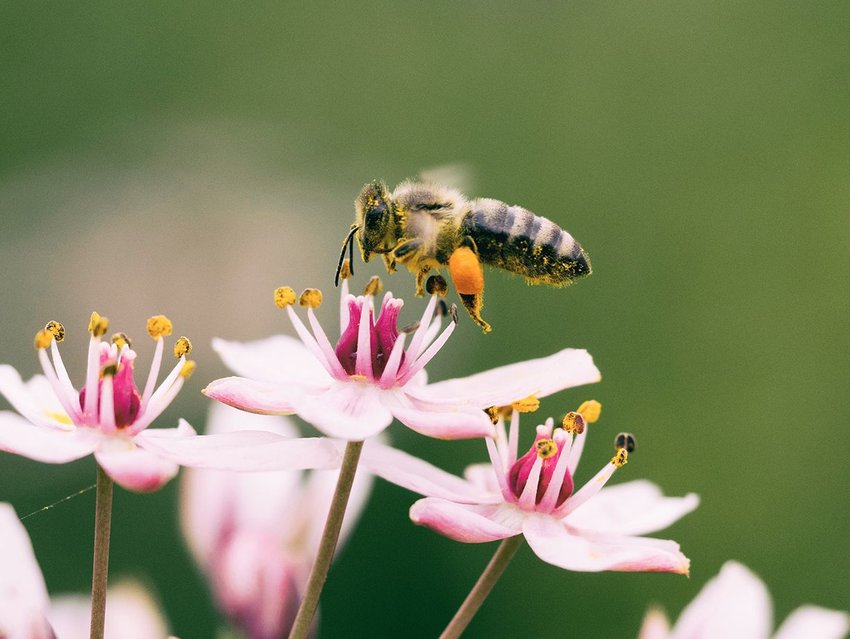Bang, pow, pop! Don't duck — these are examples of onomatopoeia. If you need a refresher from elementary school, an onomatopoeia is a word formation that imitates or suggests the sound the word makes. For example, a bee humming by your head literally makes a “bzzzzz” sound, so we use the word "buzz" to describe it. There are hundreds of examples of onomatopoeia (it's the same plural and singular) out there, but here are some of our favorite fun sounds.
Ululate
The Latin word ululo means to howl. That’s exactly what ululation sounds like — a high-pitched trill. You can make this sound by moving your tongue and uvula back and forth.
Fizz
Just saying this word out loud is reminiscent of the sensation of tiny bubbles lightly sprinkling your face when you drink a soda. There’s a reason why Alka-Seltzer's “Plop. Fizz. Clink." tagline was so successful!
Vroom
Little kids have a blast trying out this word when playing with toy trucks and cars. Coined in the 1960s when horsepower was really starting to take off, this is one example of onomatopoeia that’ll get your engines running.
Chickadee
Many animals and birds are named after the sounds they make, but a chickadee is one of the more adorable examples. Give this video a quick watch and you’ll hear the distinctive chick-a-dee-dee-dee chirp that gave this little bird its cute name.
Purr
Speaking of animals, this example of onomatopoeia is applicable to just about every member of the cat family. Cats purr by activating their larynx and diaphragm muscles when they’re happily relaxed and content. Humans can’t really replicate a cat’s purr, so you’ll have to show your chilled-out vibes in other ways.
Ding-dong
It’s the easiest melody to sing for anyone that’s had a doorbell. The simple two-part chime of "ding-dong" is incredibly recognizable. In music theory, it’s known as a descending major third, in case you wanted to learn something new today.
Cock-a-doodle-doo
This isn’t just a farmhouse cliché. If you’ve ever been around a rooster, you know they happily wake up anyone in range with their joyful five-syllable call at sunrise. Even if you don’t love being up at the crack of dawn, you’ll recognize the rooster’s crow.
Hiccup
They might be annoying to deal with, but hiccups are undeniably fun to say. It’s one of the older forms of onomatopoeia out there and was originally spelled as "hiccough" in the 16th century. If you really want to test yourself, try saying "hiccup" while you have the hiccups.
Squish
Many parents end up calling their newborn babies “squishes” since they're quite squishy, but let’s not kid ourselves. It’s also because the word is so enjoyable to say.
Pitter-patter
There are a few examples of onomatopoeia that involve repeating or rhyming words (like flip-flop or choo-choo), but pitter-patter — a quick and light tapping sound — is particularly charming and adorable.
Photo credit: Aaron Burden/ Unsplash

